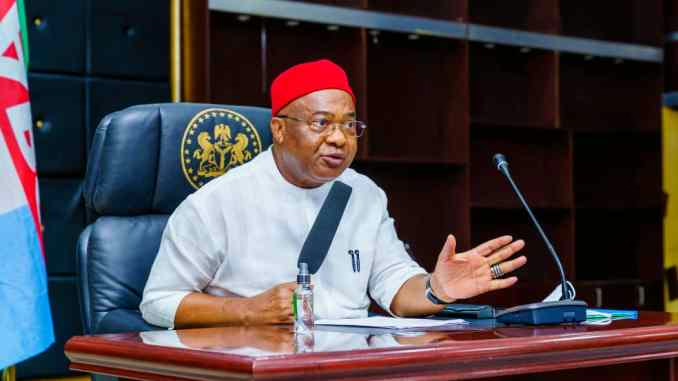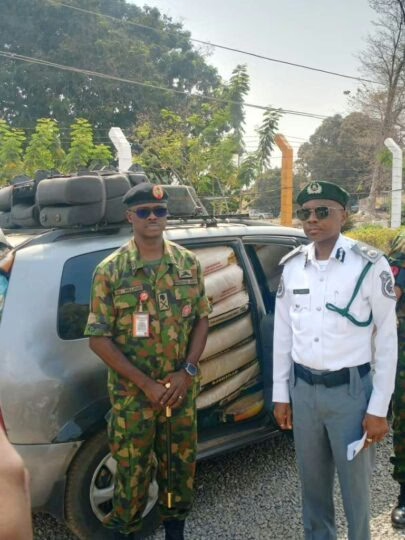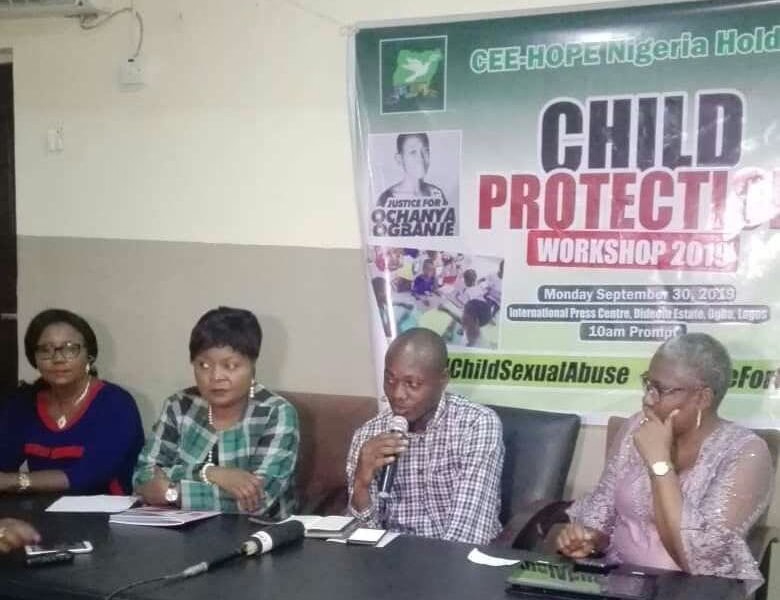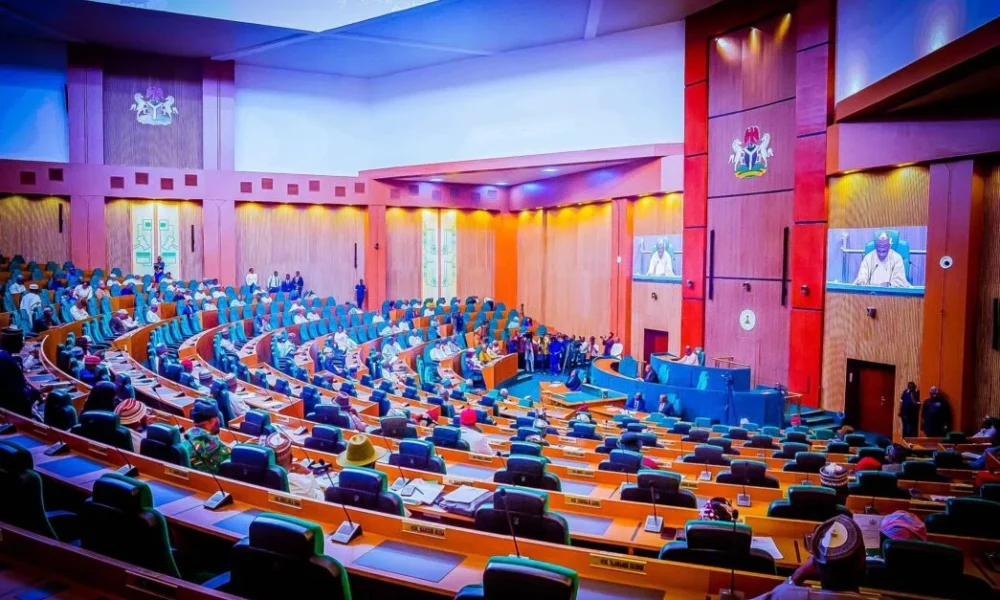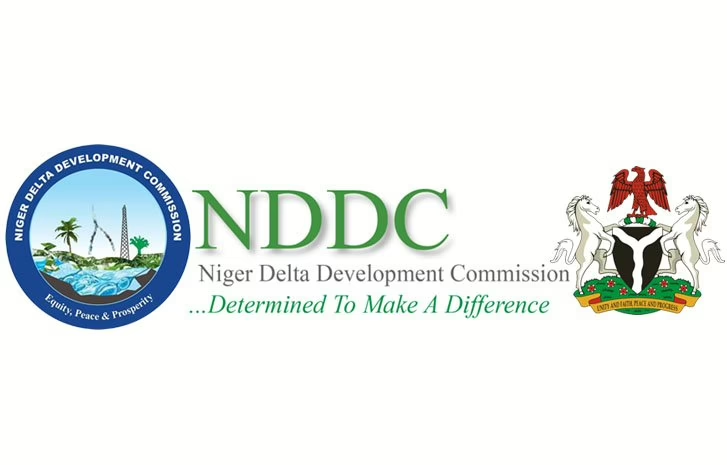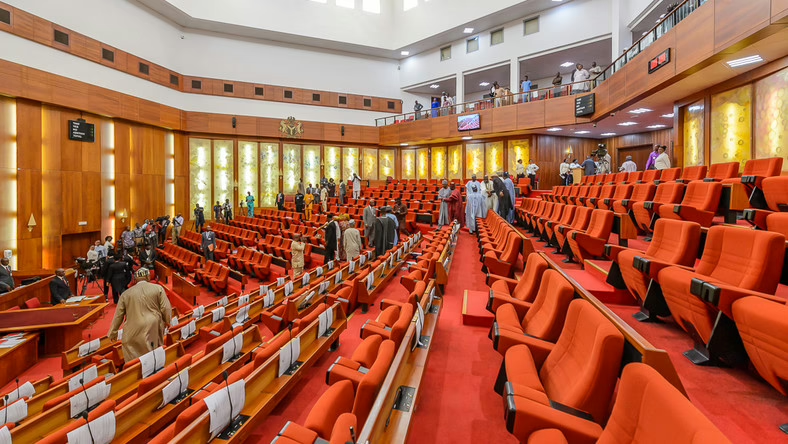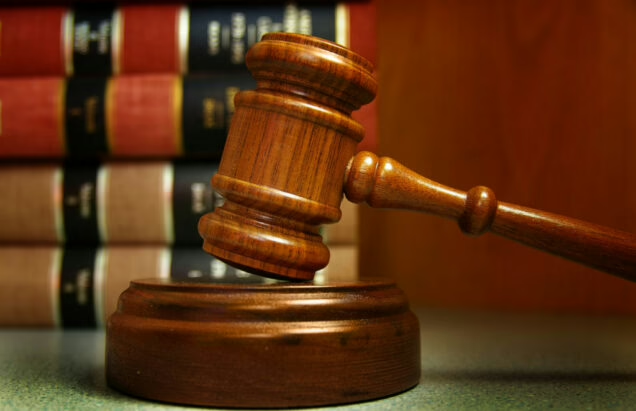For some reason, my wife then brought out her blood pressure monitor to check my ‘vitals’. She found out that though I was hypertensive, my blood pressure was low, while my pulse rate was unduly high. Then, I started having this electric shock sensation once I moved my head back, even a little. She became alarmed and kept on repeating the blood pressure and pulse rate monitoring. At one point, I suggested the machine could have malfunctioned. But when she used it on herself and Oladapo, the figures appeared normal. At about 7 pm., we all agreed to visit a nearby pharmacy to use their BP monitor to double-check, so we wouldn’t raise a false alarm. But we got the same reading from the pharmacy. The alarm was then real.
Immediately, we called a urologist working in another government hospital, who after listening to us promptly declared an emergency. He then directed that we should go to the emergency ward of the public hospital where he works and he would get a consultant to attend to us. We did as he directed. But one hour after, we were still waiting. No one was in sight to attend to us. After a quick deliberation, we decided to go to the private hospital where we were normally registered. It was at the private hospital that the doctor on duty alerted us that I had a septic infection and that I could go into shock anytime. This was the second episode for me. I had suffered from sepsis during my earlier surgical rounds in the hospital. Sepsis is a condition in which the infection-fighting processes turn on the body, causing the organs to malfunction. In other words, my body was beginning to poison itself.
The doctor at the private hospital urged me to hasten to the public hospital where I was recently treated. We called the urologist again. He directed that we report to the Accident and Emergency Ward. We did. Yet again, the doctor that was meant to receive us was nowhere to be found. Several panicked calls to her number, and there was no response. After what seemed like an eternity, she suddenly materialised. She had gone to eat, she said, casual and indifferent as nature itself. This time, I was to spend nine days in the hospital.
But at this point, we had lost confidence in my urologist and we had started to make arrangements to find a hospital in Egypt to continue the treatment. One night, my family insisted that I should be discharged, even if against medical advice, so that I could make a scheduled trip to Egypt. My wife already signed the Discharge Against Medical Advice form before Senator Salis phoned me and said we should hold all actions until he arrived, as he had invited a leading expert in urology from one of the universities in Lagos to review my case that same night. The professor came in with the senator and took us through an hour-long lecture on the issues. He concluded that the case was not beyond what could be handled in the hospital. But “things could have been done differently during the surgery.” He also enlightened us that with sepsis not properly treated, it was doubtful if I could make a five-hour journey in an airplane to Egypt. He had come with a more senior urologist in the same hospital, who had been his student. We all agreed that I would stay if he could guarantee that the more senior surgeon would take over my case and report progress to him and the senator.
Again, I returned home. This time I even felt better and was confident that my recuperation had started. But it turned out to be the calm before the storm; the biggest storm of all. We found out that as the days went by, I started to lose control of my limbs. As usual, my wife was the first to raise the question one morning. She asked why I staggered each time I tried to walk. I said it could be because I just woke up. I tried to allay her fears, but I could not hide for long. Soon, I was not able to raise my hand. My initial thought was that this was because I had stopped my morning exercise. I then resumed some guided workout sessions where one of my sons and Kamal Salis, my senator’s son, would guide me through. But instead of any improvement, things continued to degenerate, and they were happening so fast.
In no time, I began to depend on my wife to brush my teeth, clean myself in the bathroom, put food in my mouth, perform ablution, and do any chore that involved the use of my right hand. Then my right leg soon followed. It was like something was switching off my limbs one by one. Then at night, the pains descended on my neck and shoulder like a boulder. Sleep became impossible. Turning became a torture. To find a position of relief, that small posture that would grant me respite from this oppressive pain, no matter how fleeting, became impossible. All through this ordeal, I had tried to be brave. Now, I could no longer hold back. I cried. The pain was just too much. And it came in the night. Therefore, each night approached with terror because I knew what lay in wait for me in the dark. Maybe if I stayed up. I told my wife that perhaps, I should try to sleep in a sitting position. But nothing I tried helped. The name given to this one, this latest harbinger of pains, is cervical spondylosis. But little did we know that it was much worse than that. One Saturday, we decided to go to a private hospital that specialised in orthopaedics. We were told to come back the following week’s Wednesday. But the pain would not relent. Whatever I did, wherever I turned, it flogged me like an errant child. The hospital later called to make a change from Wednesday to Friday. But by then, we had already sought a more urgent alternative. At 9pm that same night, we met the orthopaedic surgeon. He recommended some drugs and a neck collar, which I must now wear on like a shackle. That night, after a long time, I had a strange sleep without pains. But it was like shooing off a wild dog with a stick. It may back off for the moment, but it would come back. By the next day, the pain returned, ferocious, as if angry to be disrupted for one night.
Before our next appointment with the orthopaedic surgeon, we took the initiative to do an MRI test. But by then, my case had become a desperate emergency. All my limbs have packed up. Throughout these ordeals, I had never missed my prayers and supplications to Allah. But that morning, I could not move even one finger to press the electronic counter or hold the tasbih.
Advertisement
“Is this illness also going to separate me from my God in my last days?” I lamented to my wife. She said it was only temporary and everything would be fine. But I learnt she later went into the bathroom to cry. She is a brave woman. But I am sure by this time, even she would also have started to contemplate the worst.
When the orthopaedic surgeon saw the result of the MRI test, he took us to see a neurologist in a private hospital as well. The neurologist explained that some bones had ruptured in my neck, which had disorganised the nerve supply system from the brain down to the limbs. Again, I had to go in for a surgery to restore the functioning of the nerves. The operation was to be carried out on May 13. While waiting for the appointed date, my colleague, Akintoba Fatigun, came to see me. He thought I was getting better. Many of my friends who were speaking to me on the phone thought the same, because, despite all that I had suffered, my voice had remained strong and clear. I told Akintoba that, in fact, the situation had gotten worse since the last time he visited and that I was actually waiting for another surgery.
When Akintoba left the house, he went straight to Dr Saraki’s residence and told him of my situation. The former Senate President immediately started to make calls to different hospitals in Saudi Arabia, the United Kingdom, and the US. I did not have a valid US visa and we had no time to apply for one. The Saudi hospital, after studying the MRI, later replied that they could not deal with the situation. Then, someone suggested Egypt. Contacts and appointments were made. To enter Egypt, one only needed a valid UK visa to obtain the Egyptian visa at the point of entry. By Monday, May 13, I was set to travel. Dr Saraki had purchased business-class tickets for my wife and me. He also provided money to pay for the surgery and living expenses for a month. A day before my departure, the house was full with several family friends, despite our best efforts to keep the trip as confidential as possible. They were people from different parts of the country and people of different religious persuasions. At that point, I was not Yoruba or Muslim to them. I was just another human being. Even as I lay helplessly in bed, contemplating the motley crowd that had gathered in my room, I wondered if they thought they were saying a final goodbye to me.
It was time to go. My wife and second son, Oladipo, had already packed the bags. Then we realised that there was yet another important challenge. My room was on the second floor. How do I get down and into the car? We could only think of two options. Oladipo would have to carry me on his back and take me downstairs or I would have to crawl down the staircase. But even these two options were fraught with risks. Yes, I had lost so much weight and Dipo is a burly young man, but he is only 23. The thought of having my son carry me on his back because I could not walk was a distinct trauma on its own. But what if he slipped, and we both crashed to the ground? There could only be one outcome. How would the young man forgive himself? But none of these happened. Dipo successfully carried me downstairs and got me safely into the car.
…To be continued
…Olaniyonu is a journalist and former Ogun State Commissioner for Information & Strategy


